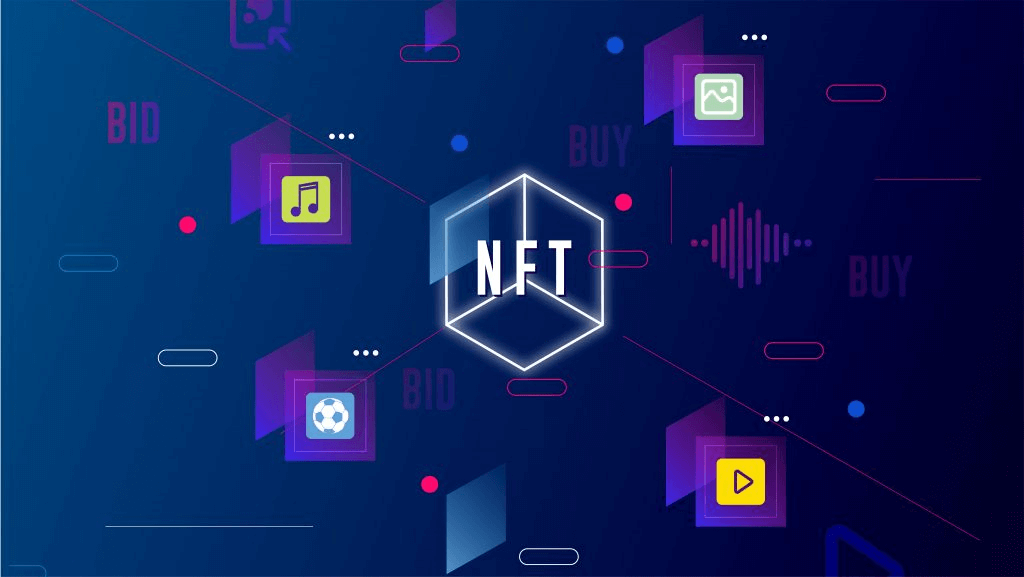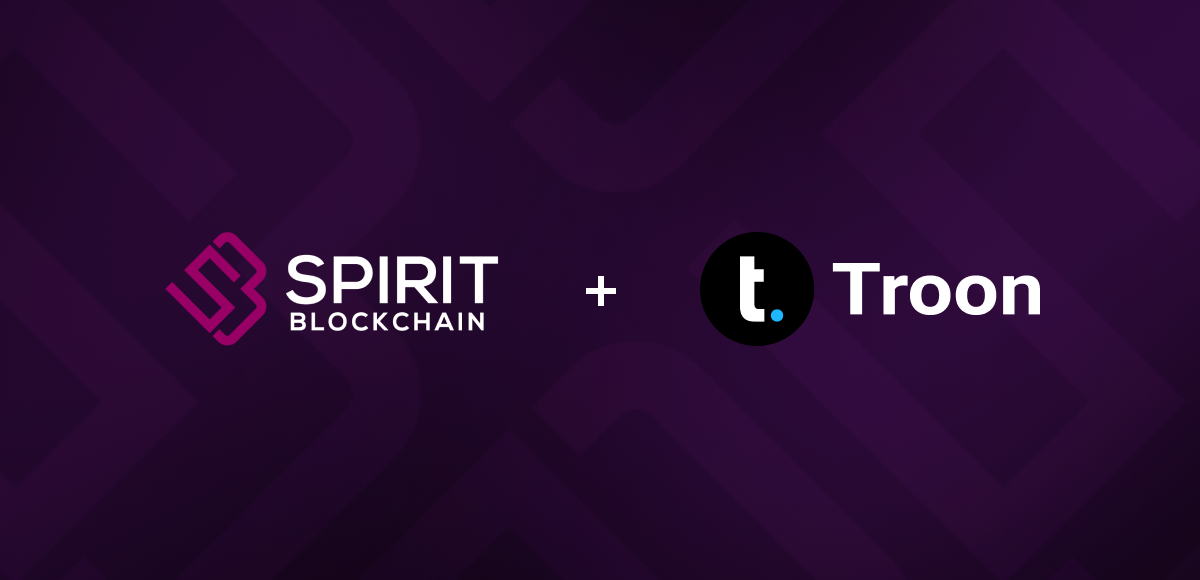The question at hand about NFTs: are they the biggest game-changers to happen to technology today? Or, a frothy fad destined to go the direction of Myspace.
Most of the writing on opportunities presented by NFTs focus on their application to digital collectibles, gaming and the art space. And these are indisputably the industries that have most quickly understood the outsized impact NFTs will have in their arenas. But what about more broadly? In this article we take a look at 6 industries NFTs have the power to disrupt: 3 that are well known, and 3 industries that may surprise you.
We focus on the biggest challenges per industry that are driving interest and spurring innovation using NFTs.
Non-fungible tokens or NFTs are cryptographic assets on blockchain with unique identification codes and metadata that distinguish them from each other. Unlike cryptocurrencies, they cannot be traded or exchanged at equivalency. This differs from fungible tokens like cryptocurrencies, which are identical to each other and, therefore, can be used as a medium for commercial transactions.
So why are NFT’s such a big deal?
There are 3 main characteristics to NFT’s that make them powerful:
- Authenticity: Every NFT Token has its own standard and identity based upon what’s written on the smart contract. It can’t be copied or duplicated which ultimately reduces the risk of fraud. The transparency in blockchain technology builds trust with the token holder.
- Ownership: NFTs bring a new era to ownership of an asset due to the fact that the blockchain can identify and track ownership through smart contracts. Token owners can exchange a token if they want but they can’t change the ownership/authority.
- Transferrable: NFTs are easily transferable since they are decentralized but they are not interchangeable. Because every NFT is unique, you can’t exchange one for another, as you would Bitcoin or Ether. That said, you can buy, sell, and resell them.
3 best known industries leveraging NFTs
NFT’s for Art and Music
The art & music industry has a long history of gatekeepers such as brokers, galleries, agents, and labels holding the keys to the kingdom of intellectual property ownership. These gatekeepers control the distribution and sale of an artist’s work, and how the revenues are allocated.
As a lawyer and artists’ rights advocate, Dina LaPolt notes “When you own and control your own intellectual property, you have a lot of flexibility to run your business. I have clients that will call me up with all these great ideas, whether it’s a non-fungible token or a TV show that uses their music, and I have to say, ‘We have to get permission from the record company.’ (source).
NFT’s have the power to change this dynamic. Artists can now deal directly with the buyers (a.k.a. fans), but more importantly are able to keep the intellectual property for each art piece which can provide a continuous revenue stream in the form of resales. The opportunity that NFT’s provide artists surrounding ownership is incredible. For example, artists can now directly have recurring royalties on pieces of art or music as the asset exchanges from one buyer to another.
Digital artist Beeple summarizes the opportunity as follows “I believe so strongly in this technology because it’s so simple in terms of proving ownership and it can be applied to so many different things that I think long term it has such a massive opportunity and massive possibility of really being looked at as a true alternate asset class,”
NFTs for Gaming
It’s not a surprise that the gaming industry would adopt NFTs since most games have created virtual economies by adding in-app purchases, essentially tokenizing assets that you can buy within a game i.e. Shield or skin. The opportunity NFT’s offer the gaming industry is the ability to let users keep the assets they’ve purchased in their games. Currently, when a user quits their game the money/investment and the assets purchased in-game are gone.
NFTs are being deployed in gaming to enable users to sell their assets or convert them into rewards points and even take them to other games. This alone changes the gaming industry where it isn’t just about spending anymore. Now gaming companies can create more engaged, loyal players who can create, earn and share their love for the game beyond the confines of the game’s walled garden.
Yat Siu, the chairman of Animoca Brands, believes every game company will be forced to participate in NFTs because the attractions are so strong for players.
“If you can play for something that is valuable to you, then why would you choose to play in a game where there is no value. We are not saying traditional games will go away. But we do believe in this thesis that it’s better for the player to play in an environment when you have some ownership.”
Collectibles
Collectibes are arguably the industry most impacted by NFT’s. This is largely because NFT technology first made waves by catching mainstream attention in 2017 with CryptoKitties collectibles. More recently, marketplaces like NBA TopShots have gained huge NFT momentum, letting collectors buy a moment in a NBA game as an NFT.
The main problem that NFT’s address in the collectibles industry is proving authenticity and ownership of a collectible asset. Since each NFT is unique, it acts as a collector’s item that can’t be duplicated making them rare by design and thus valuable. Tom Richardson, a digital media professor at Columbia university summed up how NFT’s affect the collectibles by using Dapper Labs (creators of NBA Top Shots)
“The thing that defines the trading card business is a physical scarcity of the cards. So (Dapper) created these NFTs with the idea of scarcity combined with authenticity because of the way the blockchain works.”
3 Surprising Industries Exploring NFT’s
Internet of Things (IoT)
With an estimated 50 billion connected devices worldwide, IoT is easily one of the most prevalent technologies in existence today. IoT innovations range from wearable health tracking devices to sensors and controls on critical infrastructure like the power grid or water supply. The security and safeguarding of these devices are clearly mission-critical. Problematically, IoT ecosystems often leave themselves open for malicious actors to manipulate the information of the connected devices. One such example was the 2020 hack that exposed the Telnet credentials of over 515 000 servers, routers and IoT devices.
NFTs can help secure IoT networks by acting as a device authenticator which prevents a single entity (i.e. a malicious actor) from controlling massive amounts of data generated by digital networks. An NFT can be physically bound to an IoT device thanks to the use of the physical unclonable function (PUF) that enables the recovery of its private key and then its blockchain account address (BCA). This link between the tokens and devices is difficult to break and can be traced during their lifetime.
NFTs for Land Ownership/Claims
In traditional industries like real estate and land ownership, ownership transactions usually depend on layers of intermediaries to establish trust in the transaction, exchange contracts and ensure that money changes hands.
None of this will be necessary when these land assets are represented as an NFT, letting the individual or group (for example an indigenous community) prove ownership using a cryptographically secured and signed digital token. Instead of lawyers, land registries and escrow accounts, smart contracts will ensure that money and assets change hands and both parties honour their agreements.
NFTs for Healthcare
The healthcare industry, where data security and data privacy are of utmost importance, holds a great deal of opportunity for innovative applications leveraging NFTs. There is a fundamental shift happening with people wanting to own their own health data.
Today the healthcare system owns and controls how and with whom data is shared and even resold to. As healthcare becomes increasingly digitised, NFT’s could play a major role in allowing personal health data to be tokenized, providing people the ability to choose which data they share or sell, and allow them to track how the data is used and by whom.
We are in the very early days of the NFT adoption story but there is no doubt that many more industries will be disrupted by this technology. To follow is a list of other industries currently or going to be affected. What industry do you think NFTs can shake up?
- Fashion
- Sports
- Real Estate
- Domain Names
- Insurance
- Event Tickets
- Virtual Land
- Gold Investing
 April 19, 2023
April 19, 2023 





